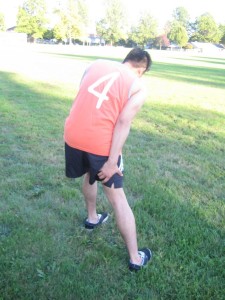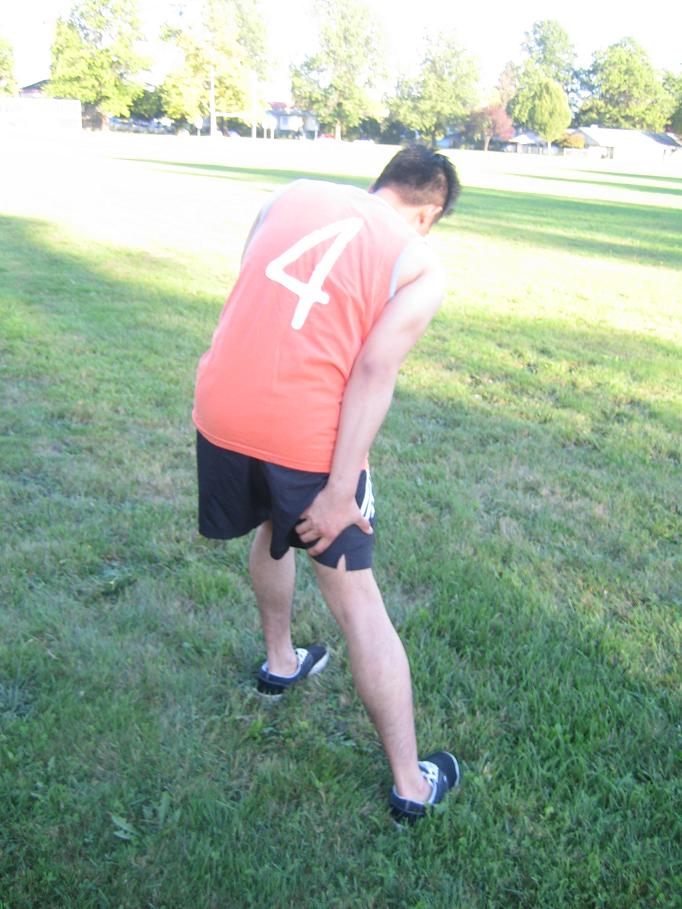Sciatica is a condition described by pain that travels throughout the sciatic nerve. This is the biggest nerve that starts in the lower back that travels to the buttock and down the leg. Certain conditions that press on the sciatic nerve can lead to sciatica that can range from mild to debilitating. Even though the condition can be managed with medications and adequate rest, the ideal way to keep the pain away is to deal with the underlying condition.
What are the causes of sciatica?
Various conditions in the spine can press on the sciatic nerve and result to sciatica. The usual cause is herniation of the intervertebral disc that occurs once the soft fluid-filled disc that provides cushion between every vertebra protrudes into the spinal canal and compresses the sciatic nerve.
Osteoarthritis is also a condition where the cartilage in the joint degenerates. This can lead to the development of bone spurs close to the bone ends. In the spine, these bony growths can occupy the spinal canal and press on the nerve. Even though uncommon, the development of a tumor or abscess in the spine can lead to sciatica.
Symptoms

Always bear in mind that pain is the indicative characteristic of sciatica which spreads throughout the area covered by the nerve. It results to stab-like, burning or tingling feeling down the leg. The stubborn pain can become worse during abrupt movement such as coughing. Even though a symptom of a more complicated condition that affects the spine, some individuals typically focus on relieving the pain from sciatica.
Self-care for sciatica
The pain can be often alleviated by starting some self-care measures. When it comes to acute pain, it can be reduced with bed rest. The individual must rest with the head in a raised position to relieve the pressure off the sciatic nerve.
Once the muscle spasms in the back, it can contribute to sciatica. You can utilize cold packs alternated with heat to reduce the pain. Exercises can also help correct the posture as well as strengthen the muscles to provide support to the spine as well as increase flexibility.
Medical care for sciatica
In case it could not be remedied with conservative measures, the doctor might try out aggressive medical treatment. The administration of corticosteroid medications directly into the affected area in the back can alleviate the inflammation to relieve the compression on the nerve.
Among those who have sciatica due to a herniated disc, surgery such as discectomy is required. During this surgical procedure, the surgeon takes out a region of the bulging disc into the spinal canal using a small-sized incision in the back.

